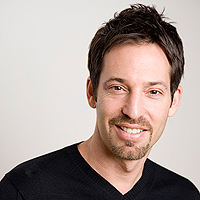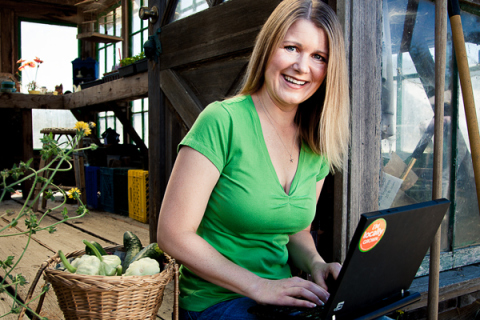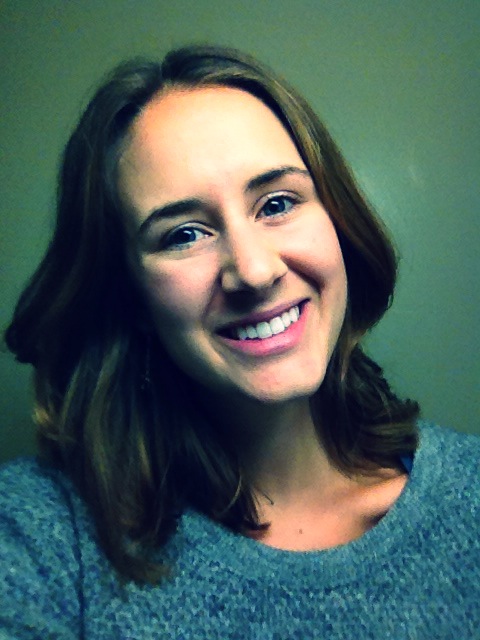Written by Adriane Underwood
Whether you are thinking of starting a student group on campus, or musing over an innovative idea and wondering if it could ever be a viable business, starting something from scratch is an intimidating process.
I spoke with two social entrepreneurs, Jared Koch, Creator of Clean Plates, a guide to environmentally and health conscious eats in NYC and LA, and Heather Hilleren, creator of Local Dirt, a website and app that connects buyers and sellers to promote locally sourced produce in grocery stories across the country. Their experiences innovating for health and the environment shed light on the realities of striking out against the odds to build systems for social good.
If your dream is to make a living changing the world on your own terms: listen up.
Planting the seed…
So you’ve got an idea? Share it. Whatever your fears about inadequacy or intellectual property, in general, Jared recommends asking for feedback, and a lot of it.
Jared:
“Definitely follow a very exploratory phase initially. Ask a lot of questions, get a lot of feedback, and just stay very open to letting the idea take it’s own shape. Once you start bringing in multiple perspectives into an idea it starts to really shape it’s self and you get to the real essence of it.”

Of course you have to protect your idea from getting stolen, right?
Jared: “For the most part that’s an overblown fear. There’s a ton of ideas out there, it all comes down to execution.”
People who don’t share their ideas?
Jared: “They end up being emotionally attached to it and a little closed minded.”
Getting by with a little help…
One of the most intimidating aspects of starting something from scratch is facing up to the reality of your own weaknesses. But successful people, it turns out, aren’t devoid of weakness, they just seek out the help they need to compensate. The first step?
Jared: “Knowing that you always need help.”
Heather: “Partners were really the key. I kinda grimace every time I see Entrepreneurship Magazine and they have one lone wolf on the cover. They started this company from the dirt and they did it all by themselves. They never do it all by themselves. It was very much a group effort, and I still take that approach. I know that there are other groups out there that want the same things and have the same goals that I do, so I really try and partner up with them and work together.”
How do you identify where you need help?

Source: Entrepreneur Media Inc.
Heather: I really think it was helpful to write the business plan, and not because I followed the business plan 100%. It highlighted the parts of the business that I wasn’t necessarily strong in. So you know, if you go through and write the business plan you have to write the marketing section and the financial section, and whatever section is difficult to write down and to get your thoughts together, that’s the part where you need to bring in somebody else to help you with that. Starting a business you have to be everything. That was the hardest part.”
Doing good has its perks…
If you do take the leap, both Heather and Jared agree, it’s worth it. Working for a better world is not only personally gratifying, but has many unexpected advantages and allies.
Jared: “When you’re genuinely doing something that has a greater purpose, people want to help. You attract the right people. It’s amazing how much if you need something it shows up. It’s not that money isn’t involved now; it’s just much different. There are a lot of people that are willing to dedicate their time. People want to be a part of it.”
Of course not everyone will support your idea.
Heather: “In the business school they thought I was crazy. When I was doing my final presentation to the board of the business school, I remember one board member getting up and yelling right in my face that it would never happen and that I would never get grants for it.”
Did you ever doubt your idea in the face of other’s disbelief?
Heather: “Oh, yeah. But I really believed that if it was a good, solid idea it would survive and if it was not meant to be it would die. Which is true for the most part, but I didn’t realize then how much more is involved in the business than just the idea. You know? The idea doesn’t sell itself.”
Moving from idea to reality…
Moving from idea to reality is not an easy process, but these pros agree, getting through the worst of it is only possible with a deep belief in the mission behind your idea. The opportunity to create real, positive change, gave them the confidence they needed to take the plunge, and gamble on themselves.
Heather: “I believed in the idea and I just felt like it had to be done. It just made me angry. I really felt a sense of urgency, and that sense of urgency is critical for a startup. For me, the sense of urgency came from finances. I was funding it myself. I did draw the line in the sand. I put in all of my savings, I cashed in all of my retirement and I drew the line at mortgaging the house. It really pushed me to try and move very quickly. I’ve seen other stratups where they have a full time job and they’re trying to do it on the side, and they just don’t have that sense of urgency. And because they don’t have that sense of urgency they don’t always prioritize the business.”
Jared: “Doing something that you care about deeply, beyond just another opportunity to become rich, is the main driving force between giving up on something and really pushing for it. If you have a great idea, go for it, and as much as possible get real world experience.”
 Adriane Underwood grew up in the foothills of the Sierra Nevada in Northern California. Through her youth spent navigating and exploring the South Fork of the American River, she developed a deep love and respect for the environment. Having graduated with a BA in Sustainability and Social Justice, she is dedicated to creating avenues for entrepreneurship in the climate change movement. Adriane attended the C2C Fellows workshop at Bard College in 2014.
Adriane Underwood grew up in the foothills of the Sierra Nevada in Northern California. Through her youth spent navigating and exploring the South Fork of the American River, she developed a deep love and respect for the environment. Having graduated with a BA in Sustainability and Social Justice, she is dedicated to creating avenues for entrepreneurship in the climate change movement. Adriane attended the C2C Fellows workshop at Bard College in 2014.

